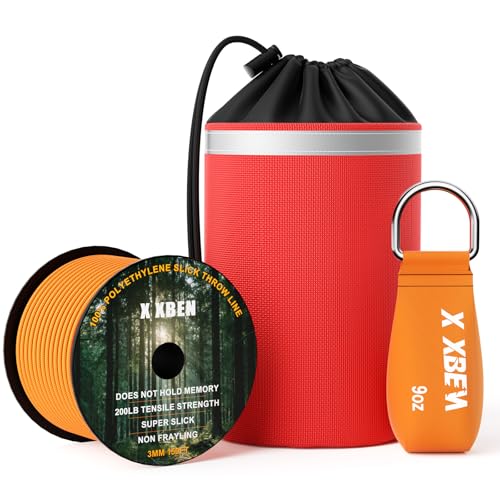We can agree to disagree on the dishwasher.
Well, that's fine with me, but disagreement isn't always reasonable. In almost two decades of constant use, I have had zero damage. Except with Shuns. My chef friend had to pay a company to grind past the areas where a gentle dishwasher easily tolerated by Forschners knocked expensive metal out. And back then, Shun/Kershaw was advertising the knives as dishwasher-safe. I contacted them and complained, and suddenly the ad copy changed. Coincidence, I bet.
I should have known I got duped when I opened a Shun box and saw a little CD containing an Alton Brown video. I wonder who he gave his Shuns to.
Carbon steel per hardness level is orders of magnitude cheaper than good stainless steel. You can get 1075 or 1080 steel to 60-63 Rockwell C with an oil quench and depending on exactly what stainless super steel you compare it to, it's anywhere from 10 to 100x cheaper. Most of those fancy stainless steels you can't (easily) harden at home. Carbon steel is also much easier to sharpen than most of the 'super' stainless steels out there.
I can see you're a knife hobbyist. That's the problem. I'm talking about tools for cooking, and you're talking like you're on Bladeforums.com with the guys who build their own power hammers.
You can get a fantastic chef's knife for about $25. Stainless.
Hardness isn't what makes a good chef's knife. It's what makes a work of art for a knife collector. Super-hard knives are more brittle, which is why Japanese knives fall apart in a week while Forschners go for decades while being run through dishwashers.
I can go through preparation of a whole dinner or a big roasted hog without resharpening a Forschner, and if I think it's not sharp enough the next time I pick it up, BANG, 5 seconds on the diamond hone, and it's shaving-sharp again. I can understand how a person who is determined to have fancy, extra-hard knives might be too lazy to learn to sharpen them and might send them out, though. As I said, I know someone like that.
Incidentally, expensive chef knives made in Europe are generally not very hard. The manufacturers emphasize toughness and ease of sharpening, as they should. Sabatier's carbon chef's knife comes in at 52-54 RC! Really soft. The pocket knife I'm carrying comes in at around 60. HUGE difference. I would never buy a carry knife as soft as the Sabatier. I would be out on the farm sharpening it over and over. A pocket knife has to cut things harder than meat and lettuce.
What do you do if you're a pro chef and your $750 62-RC knife which you've named Excalibur and given its own bedroom gets dull? How do you do your job for two weeks while it's being sharpened? I think Sabatier and Wusthof thought about this.
I love Victorinox knives and use them a lot, but they are not a blade that can withstand acute sharpening angles and micro bevels. They don't have the hardness required to do it. So to say they can 'do the same thing for cheaper' is demonstrably incorrect.
Only knife hobbyists and hard core woodworkers say "micro bevel." You do not need a micro bevel to make dinner or slice tomatoes paper-thin. It's great for impressing your knife buddies, though.
So there are plenty of valid reasons to use carbon steel vs stainless.
1. Cheaper
2. Easier to sharpen
3. Stay sharp longer - especially when compared to comparatively priced knives
4. Achieve beautiful patinas impossible with stainless knives
Cheaper than $25 isn't much of a brag, given that you're talking about a troublesome product that has to be babied. Forschners are very easy to sharpen, even if a carbon knife may be easier. Staying sharp longer isn't a factor unless you can't figure out a diamond hone.
"Beautiful patinas" is another hobbyist giveaway. My stainless beauties don't need no stinking patinas. I don't think Fibrox will take a patina.
Will the average home cook know or appreciate the difference at first, no. But that doesn't mean they're the same thing. It also doesn't mean they should just ignore it.
Sure it means they should ignore it. Pro cooks do. You can't taste patina, but you can definitely enjoy throwing knives in the dishwasher and getting great bargains and excellent performance.
Most homeowners won't know or appreciate the difference between a Stihl 261 and a Poulan Wild Thing. Does that mean they're the same thing? Absolutely not. So it's better to enlighten those without the knowledge and let them choose based on facts instead of insisting there is only one correct choice and that is the cheap one because they won't understand the qualities of the expensive one anyway.
A Stihl will outlast a Poulan, run better, and have fewer problems. A cheap stainless knife will produce exactly the same food as a Japanese hobby piece or a carbon knife made by some guy whose working wife is supporting his unprofitable forge, and it will require less work.
I fully agree that insisting new knife buyers spend thousands on fancy knives is a bad idea. I also think insisting they buy cheap knives is just as bad of an idea.
I don't insist that anyone buy anything. Why would I? I make intelligent recommendations based on experience. I like helping people avoid making the mistakes I've made.
Buy what you want, people, but be informed. If you love knives, buy fancy ones. Everybody should have a few nice things. If you love trouble-free tools at a good price, buy Mundial and Forschner.


































































